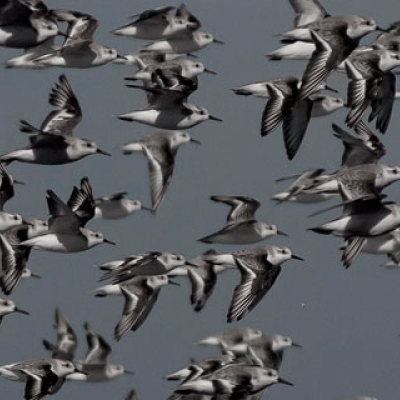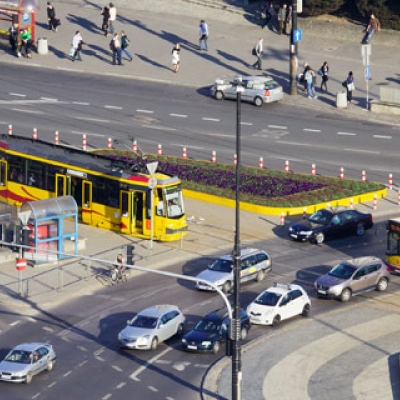
#ForewordFriday: Free Summer Read Edition
By Katharine Sucher / On July 1st, 2016
This year's Free Summer Read is Urban Acupuncture by Jaimer Lerner. Get excited about this "joyful, uplifting book" and learn how “pinpricks” of urbanism can ripple through communities to uplift city life.






